Description
Acetone: A Versatile Solvent with a Surprising Range of Uses
Acetone, a ubiquitous organic solvent, is likely something you already encounter in your daily life, even if you don’t realize it. From its distinctive, slightly sweet odor in nail polish remover to its presence in various industrial processes, acetone plays a far more significant role than most people are aware of. This simple yet versatile compound boasts a surprising range of applications, making it an indispensable component across diverse industries.
What is Acetone?
Acetone, also known as propanone, is a colorless, volatile, and flammable liquid. Classified as a ketone, its chemical formula is (CH3)2CO. It’s completely miscible with water, ethanol, ether, and many other organic solvents, making it an excellent dissolving agent. This key property underpins its wide range of applications.
Acetone Around the House:
The most recognizable use of acetone for most people is as a key ingredient in nail polish remover. Its ability to effectively dissolve nail polish is due to its strong solvent properties. However, its uses don’t stop there. Acetone can also be used:
- To remove adhesives and sticky residues: From price tags to stubborn glue, acetone can often dissolve the adhesive, making removal easier.
- To clean surfaces: While care should be taken with sensitive materials, acetone can effectively clean grease, paint, and other residues from certain surfaces. ALWAYS test in an inconspicuous area first.
- As a degreaser: In workshops and garages, acetone can be used to degrease tools and equipment, effectively removing oil and grime.
Industrial and Scientific Applications:
Beyond household uses, acetone is a workhorse in various industries and scientific fields:
- Solvent in Chemical Manufacturing: Acetone serves as a crucial solvent in the production of numerous chemicals, including resins, plastics, paints, and coatings. Its high solvency and volatility make it ideal for these applications.
- Production of Plastics and Fibers: It is an essential component in the production of polymers like methyl methacrylate (MMA), a building block for acrylic plastics, and bisphenol A (BPA), used in the production of polycarbonate plastics.
- Pharmaceutical Industry: Acetone is employed in the extraction of organic compounds from plant and animal sources, as well as a solvent in the formulation of certain medications.
- Laboratory Research: In laboratories, acetone is frequently used as a cleaning agent for glassware, as a solvent for various chemical reactions, and as a component in mobile phases for chromatographic techniques.
Safety Considerations:
While acetone is relatively safe when used responsibly, it’s crucial to be aware of potential hazards:
- Flammability: Acetone is highly flammable and should be kept away from open flames and ignition sources. Adequate ventilation is crucial when using acetone in enclosed spaces.
- Irritation: Acetone can irritate the skin, eyes, and respiratory tract upon prolonged exposure. Wearing appropriate protective gear, such as gloves and eye protection, is recommended.
- Vapor Inhalation: Inhaling high concentrations of acetone vapors can cause dizziness, headaches, and nausea. Ensure proper ventilation when working with acetone.
Acetone: More Than Just Nail Polish Remover
Acetone’s versatility and effectiveness as a solvent have made it an indispensable compound in various industries, scientific research, and even our everyday lives. While best known for its role in nail polish removal, its wide range of applications highlights its significance as a crucial chemical component. By understanding its properties and using it responsibly, we can continue to benefit from the countless applications of this remarkable solvent. Remember to always prioritize safety and follow recommended guidelines when working with acetone.

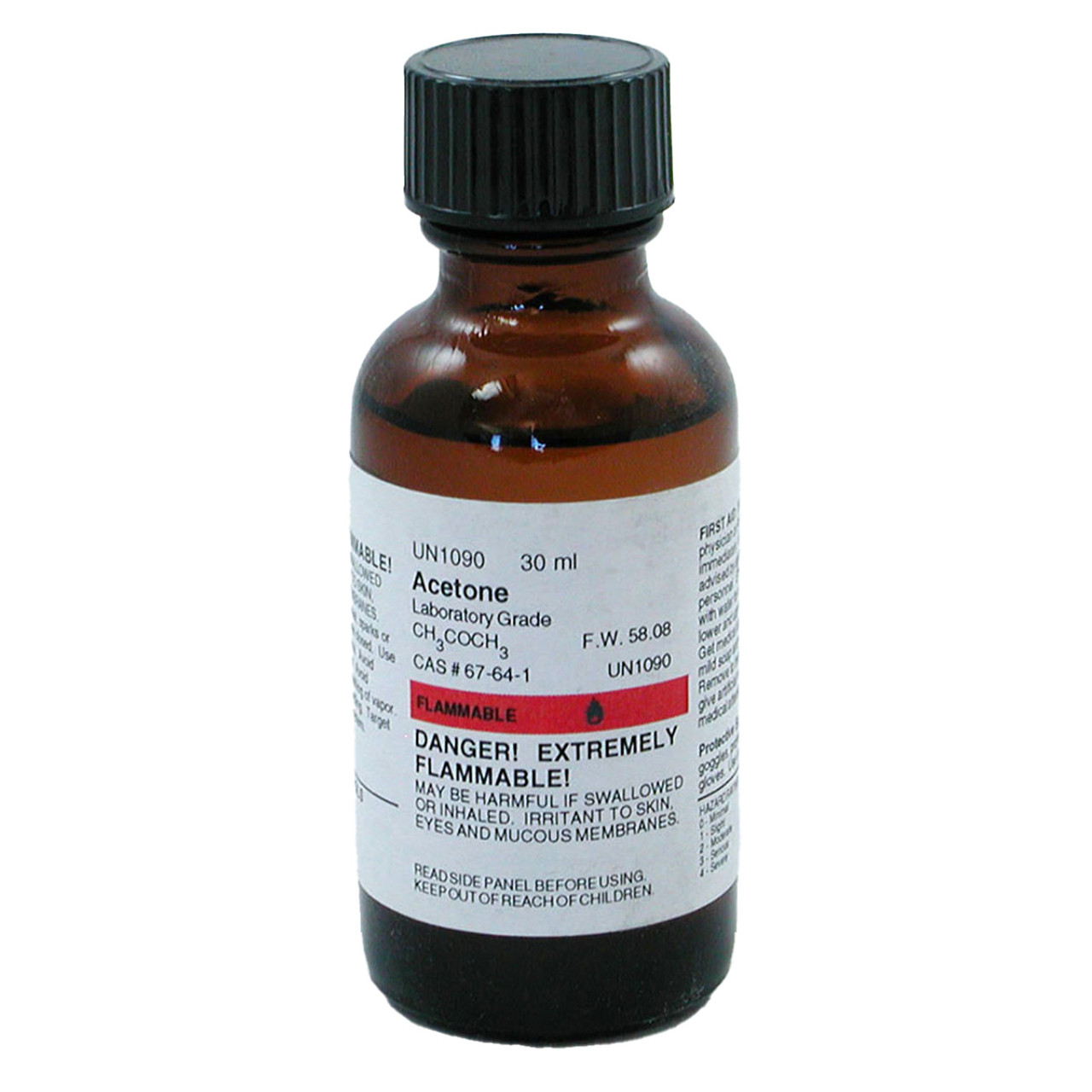
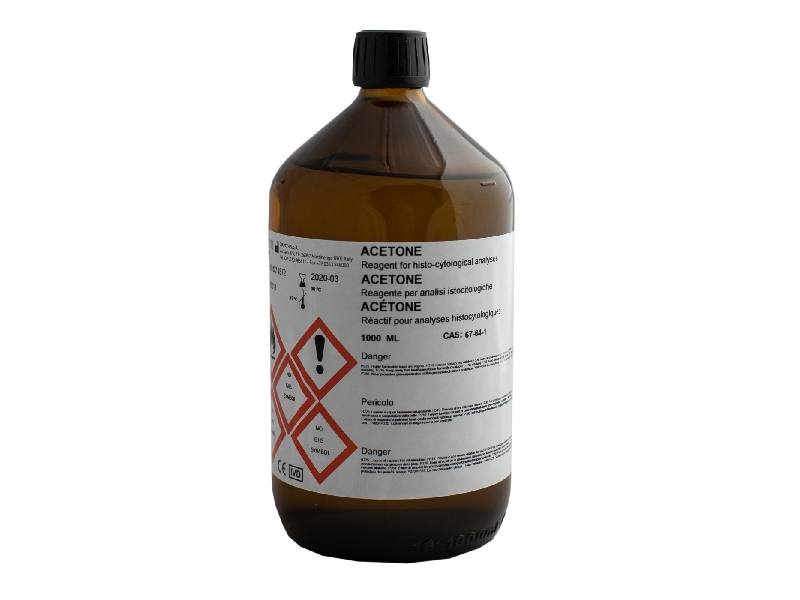
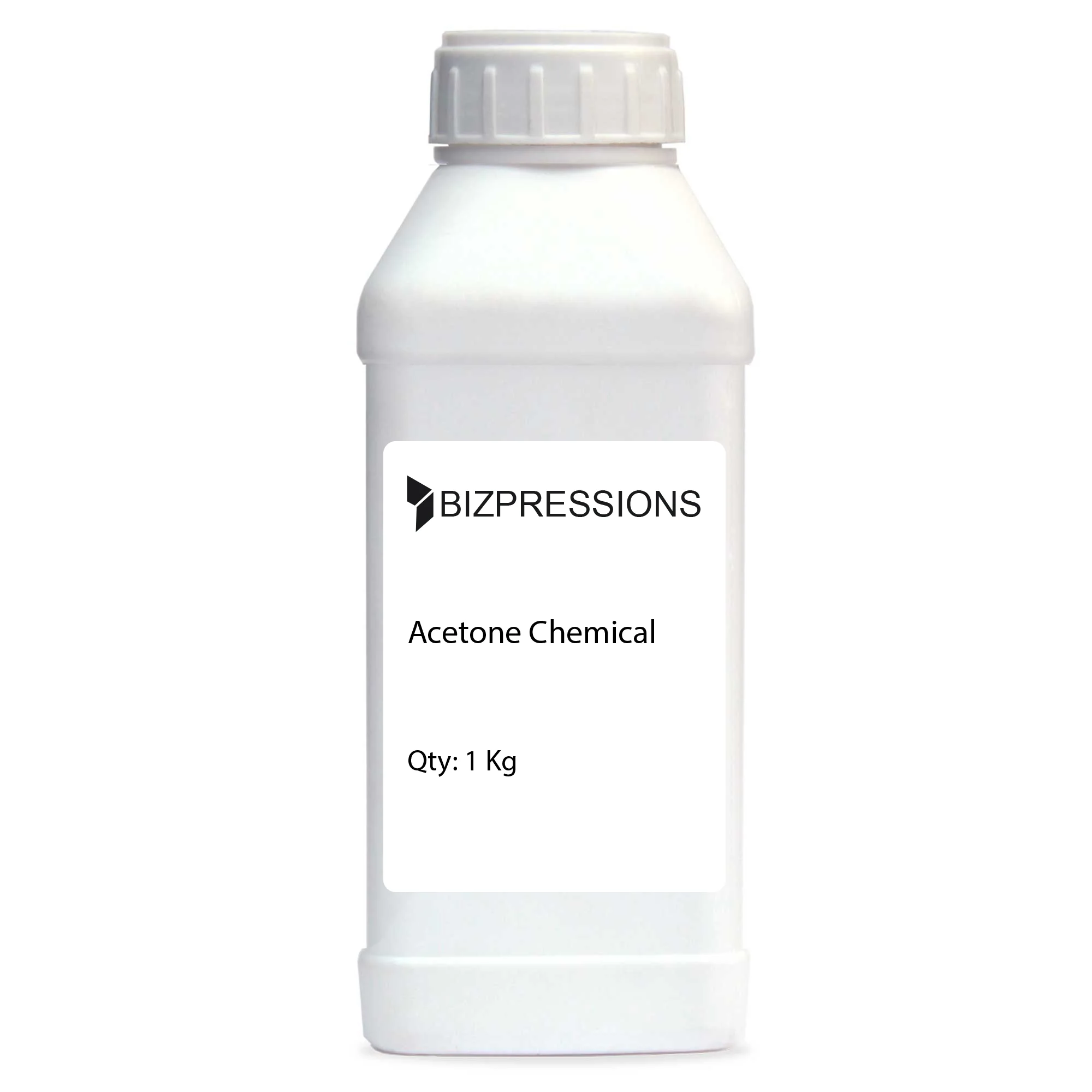
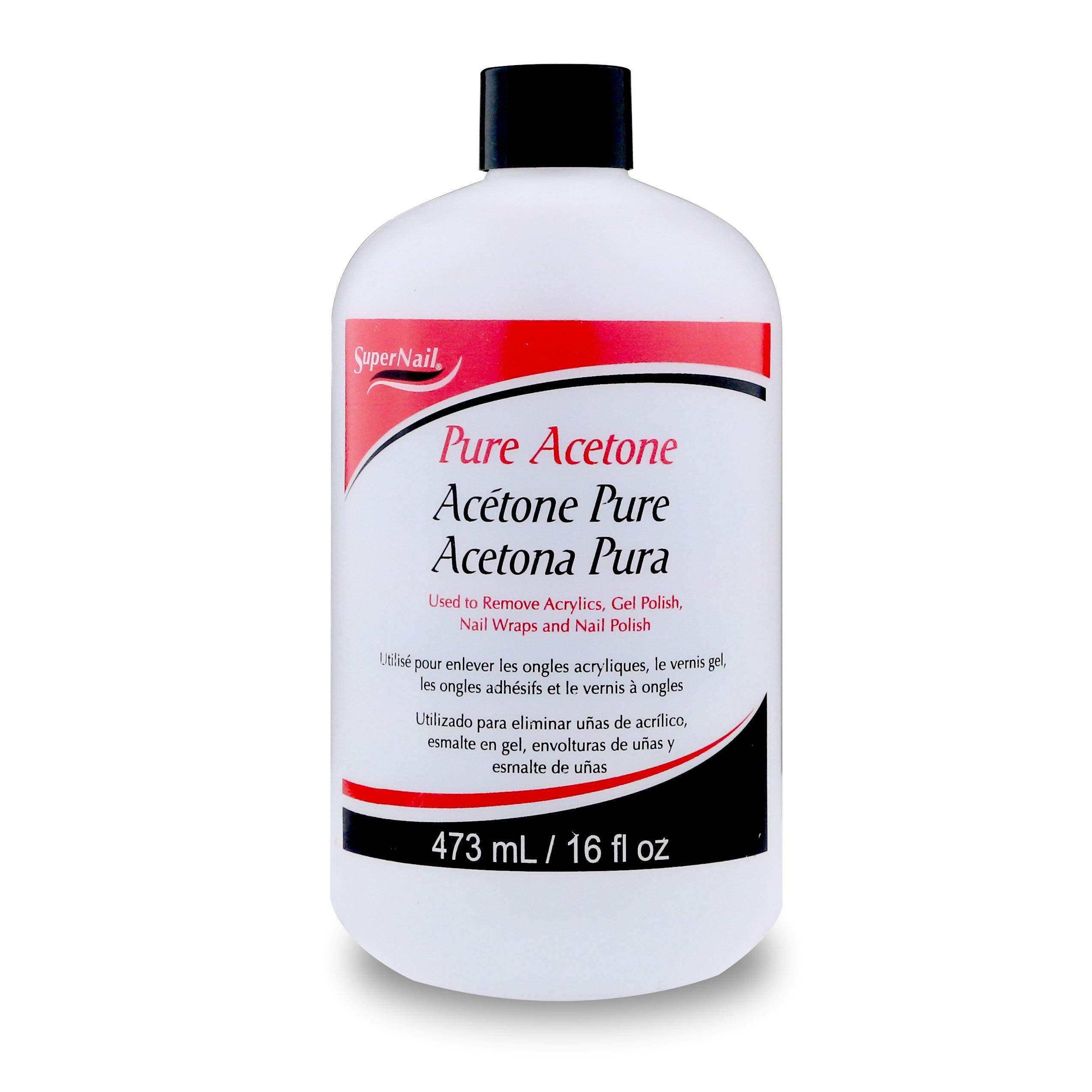
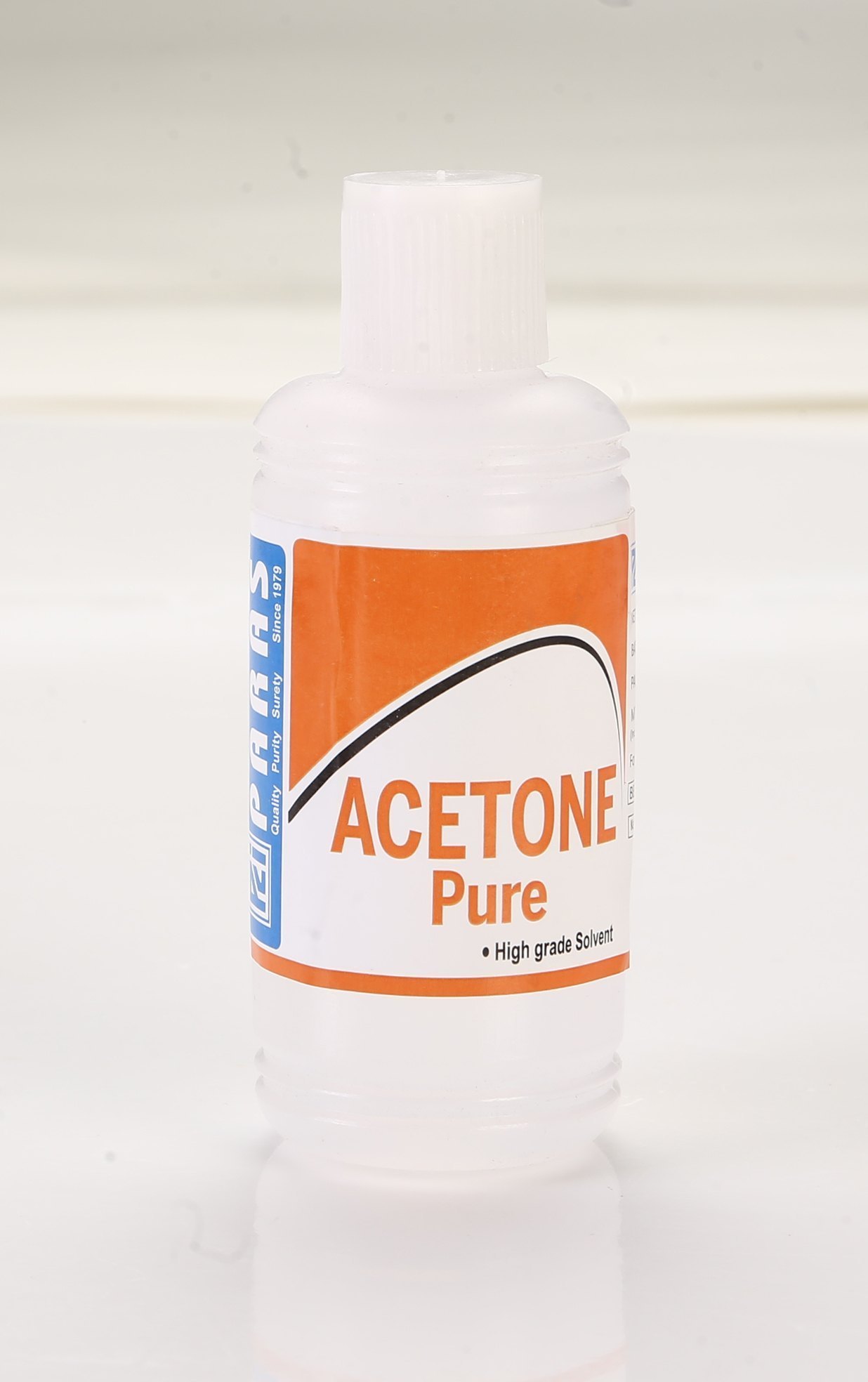
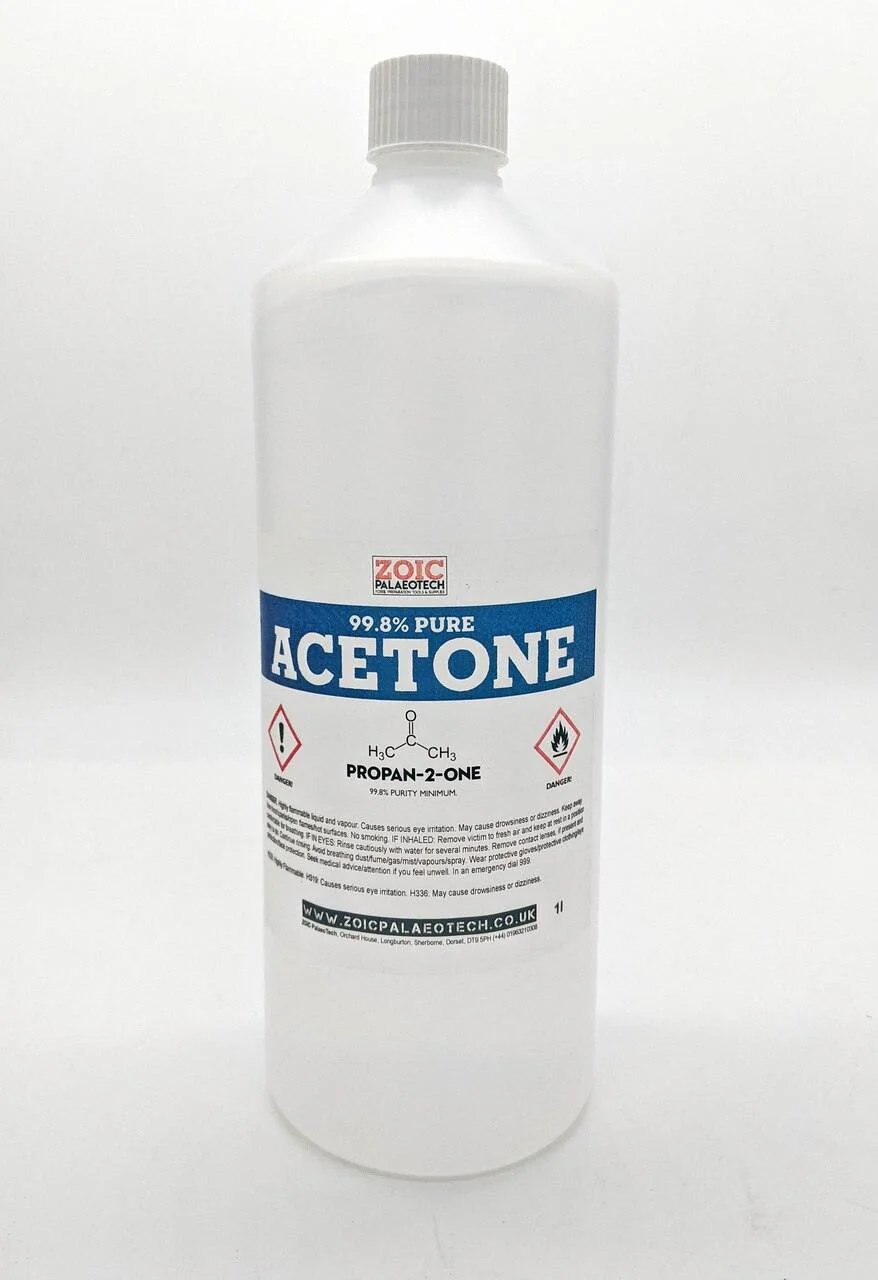
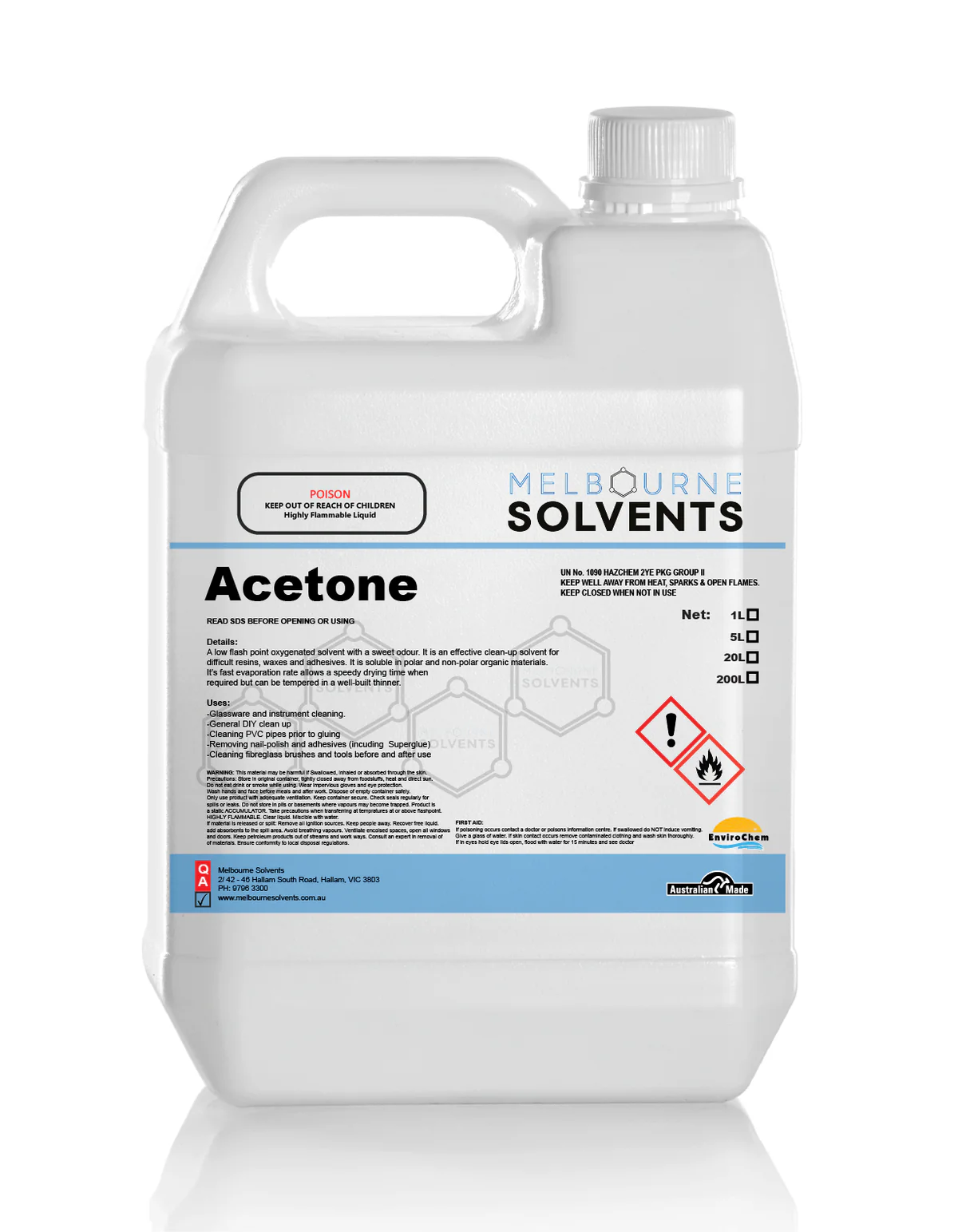
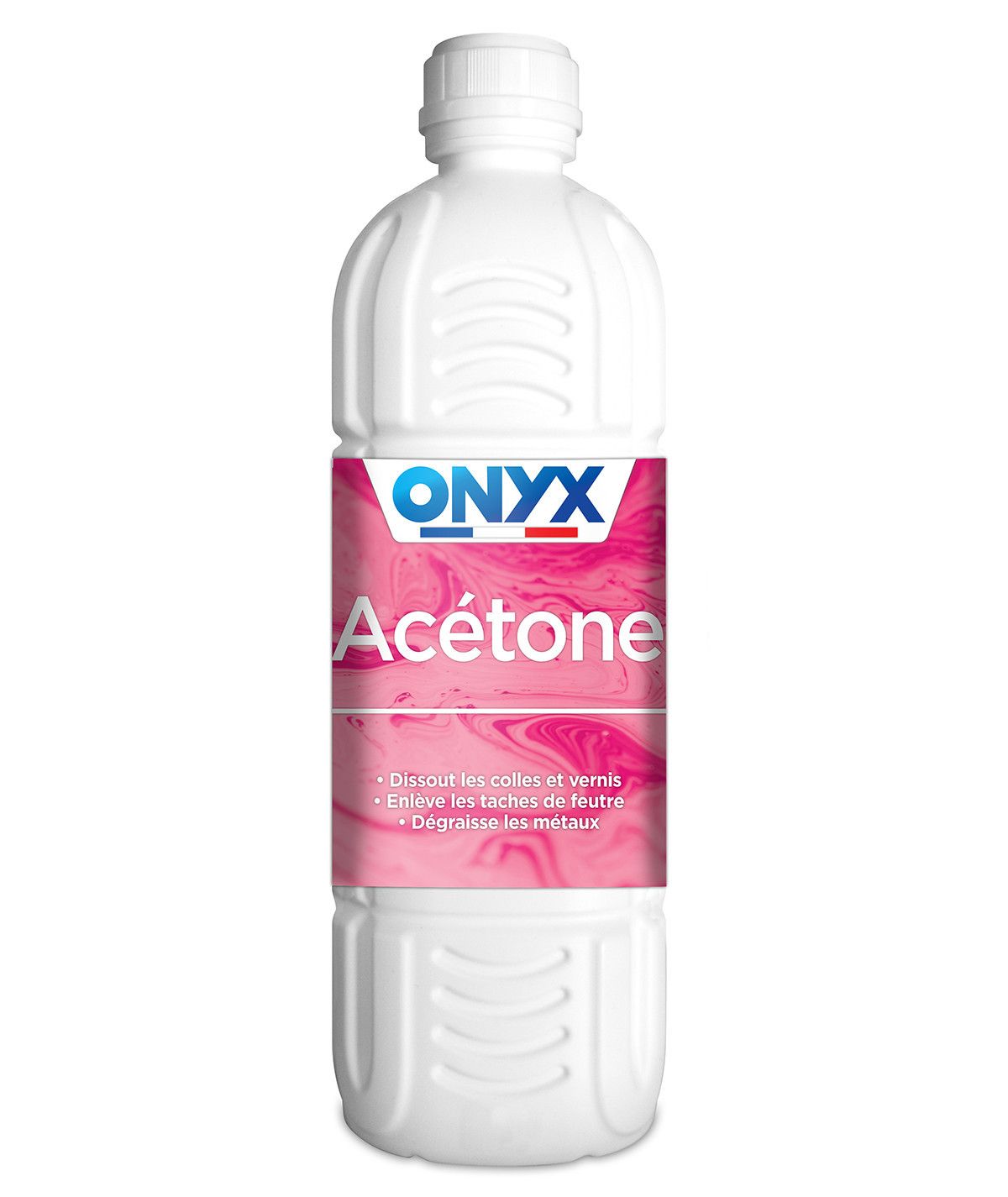
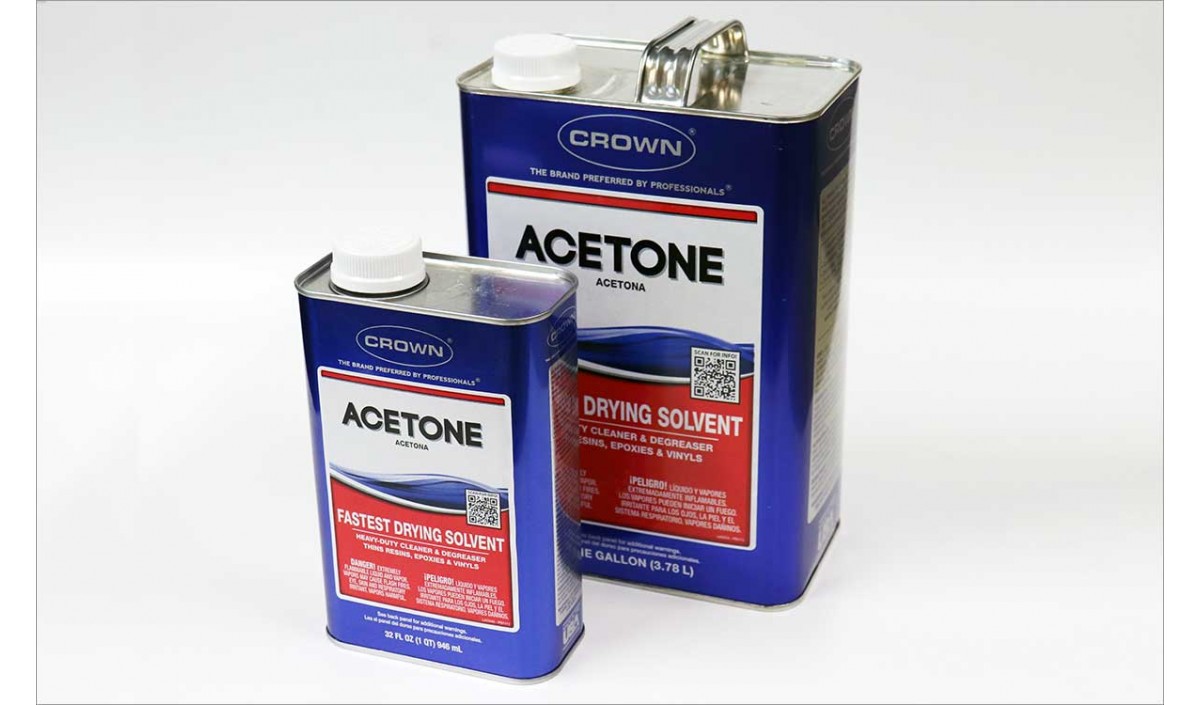

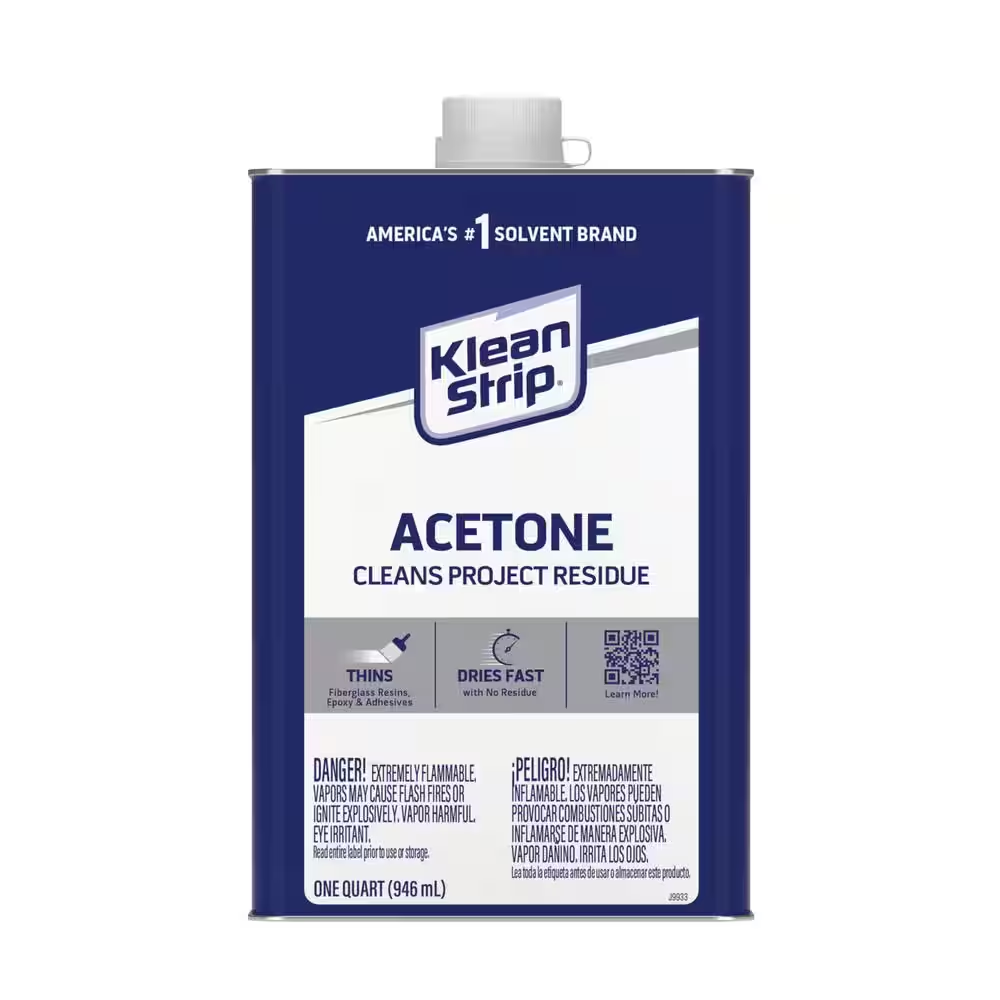
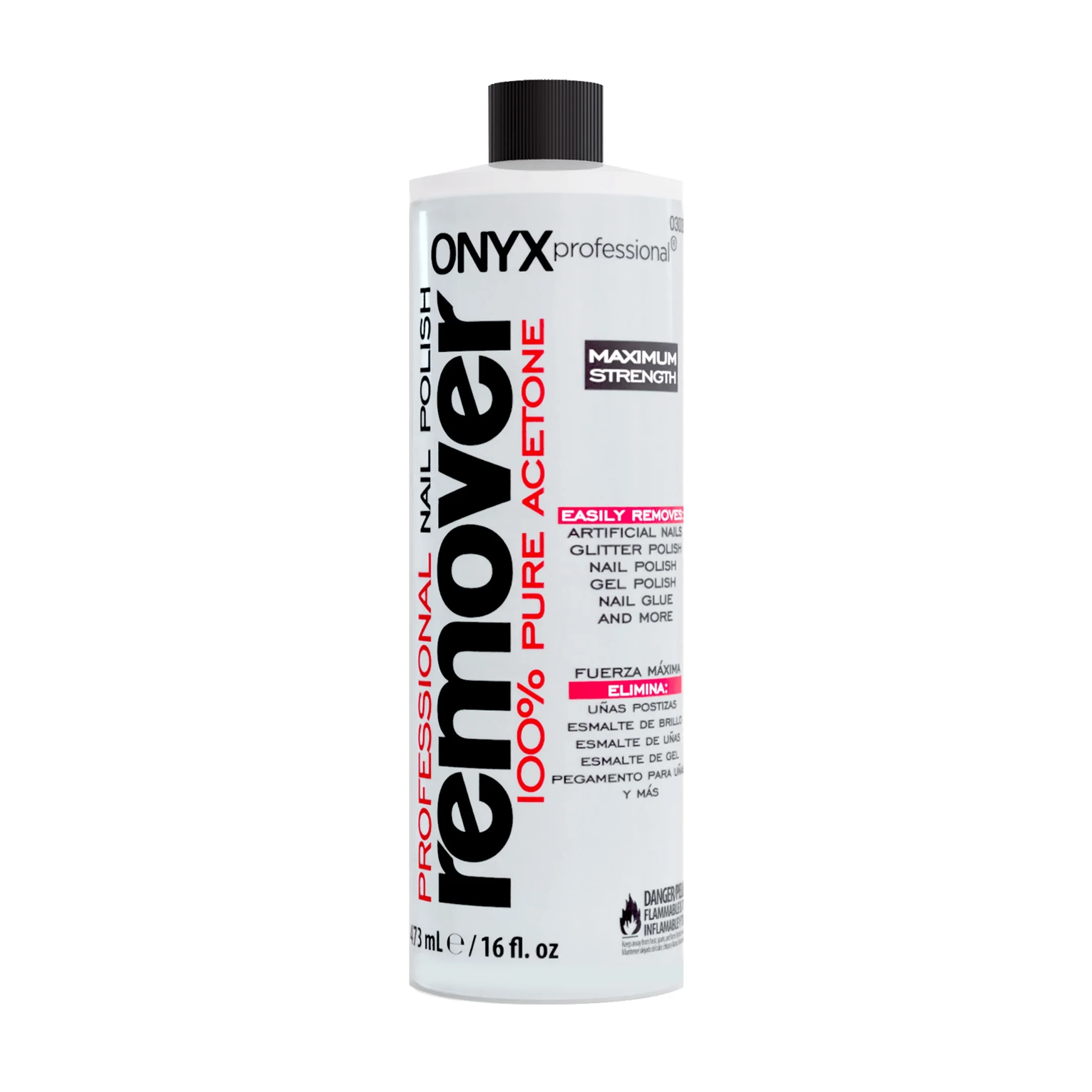
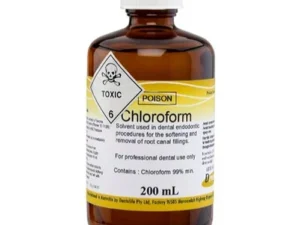



Reviews
There are no reviews yet.